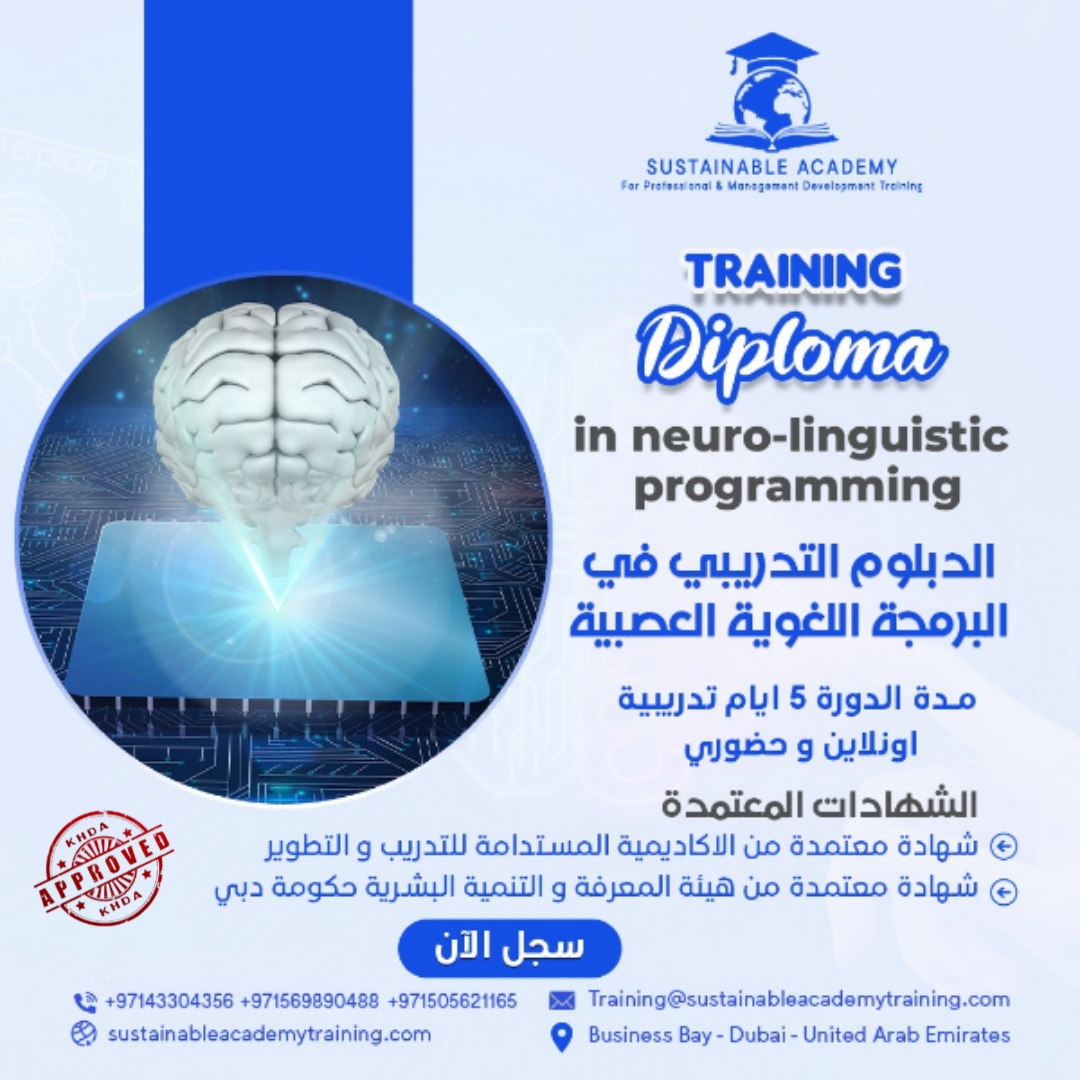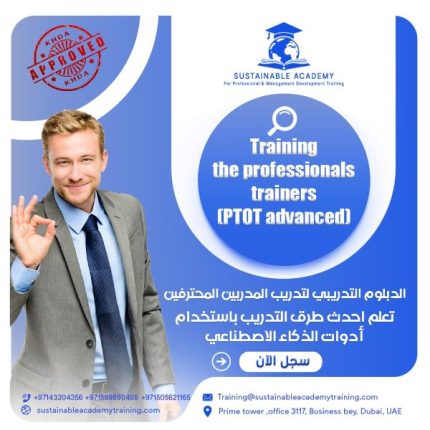Core Components of the training diploma
- Introduction to NLP
- History and Development: Understanding the origins and evolution of NLP.
- Basic Concepts: Introduction to key principles such as the NLP communication model, sensory acuity, and representational systems.
- NLP Techniques and Modeling
- Anchoring: Techniques to create and use anchors to manage emotional states.
- Swish Pattern: Methods to change negative thought patterns and habits.
- Modeling Excellence: Learning from successful individuals by understanding and replicating their strategies and behaviors.
- Effective Communication
- Building Rapport: Techniques to establish trust and rapport with others quickly and effectively.
- Language Patterns: Understanding and using language patterns such as the Meta Model and Milton Model to influence and communicate more persuasively.
- Non-Verbal Communication: Enhancing awareness and use of body language and other non-verbal cues.
- Hypnosis and Trance States
- Basics of Hypnosis: Principles and practices of using hypnosis in NLP.
- Inducing Trance: Techniques to guide oneself and others into a trance state.
- Applications of Hypnosis: Using hypnotic language and techniques to facilitate change.
- State Management
- Emotional State Control: Techniques to manage and shift emotional states for better performance.
- Stress Reduction: Strategies to handle stress and maintain a balanced state of mind.
- Peak Performance: Methods to achieve and sustain peak performance states.
- Practical Applications of NLP
- Personal Development: Using NLP for goal setting, overcoming limiting beliefs, and personal growth.
- Professional Development: Applying NLP in areas such as leadership, sales, coaching, and therapy.
- Conflict Resolution: Techniques for resolving conflicts and improving relationships.
- Benefits of the training diploma
- Enhanced Communication Skills: Improve your ability to communicate effectively and persuasively.
- Personal Growth: Gain tools for self-improvement, overcoming fears, and achieving personal goals.
- Professional Advancement: Use NLP techniques to improve leadership skills, enhance performance, and achieve professional success.
- Stress Management: Learn strategies to manage stress and maintain emotional balance.
A Training Diploma in Neuro-Linguistic Programming is a valuable investment for anyone looking to enhance their communication skills, achieve personal and professional growth, and manage their emotional states effectively. By mastering NLP techniques, individuals can improve their quality of life and positively influence those around them, both personally and professionally












Reviews
There are no reviews yet.